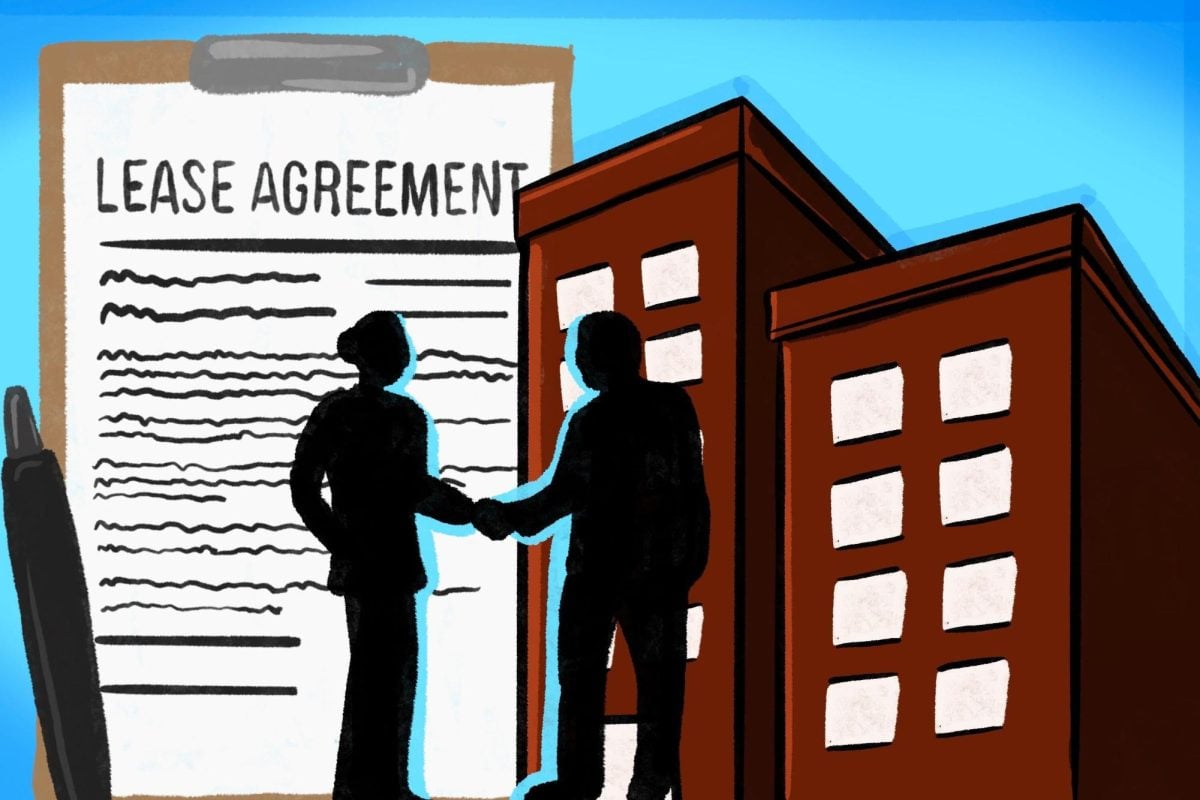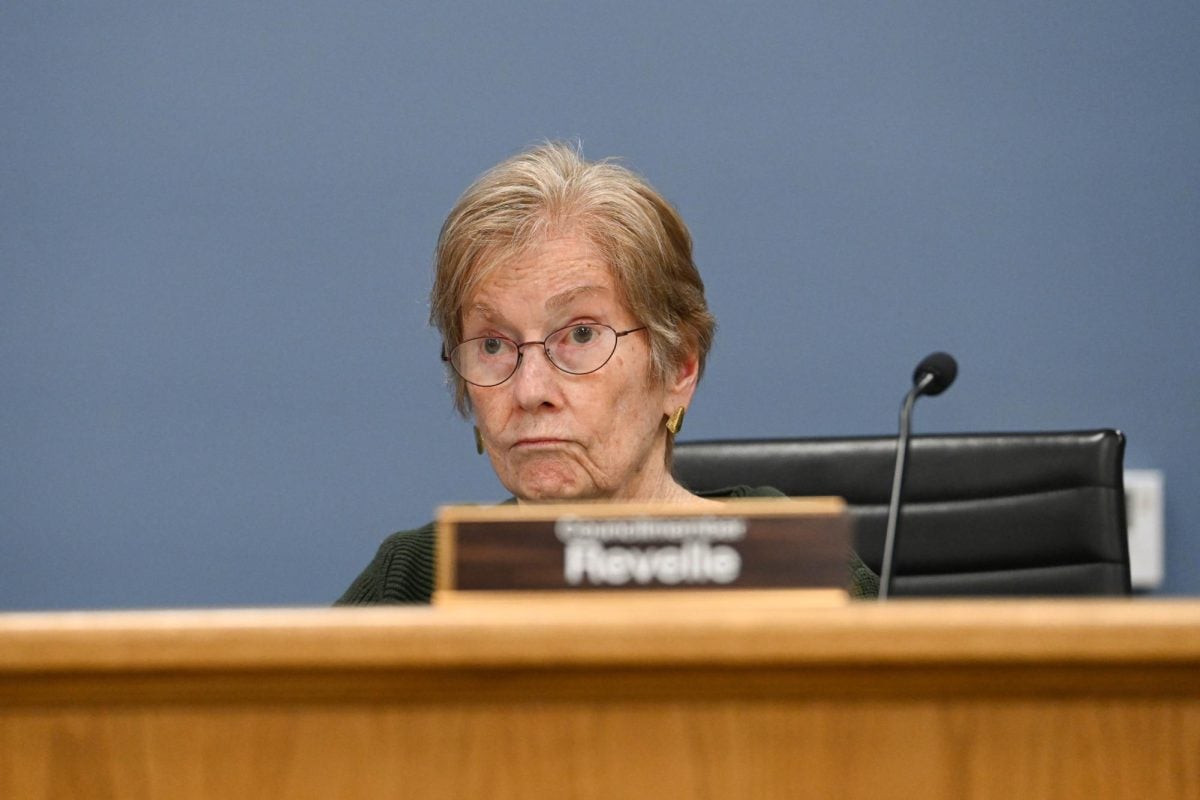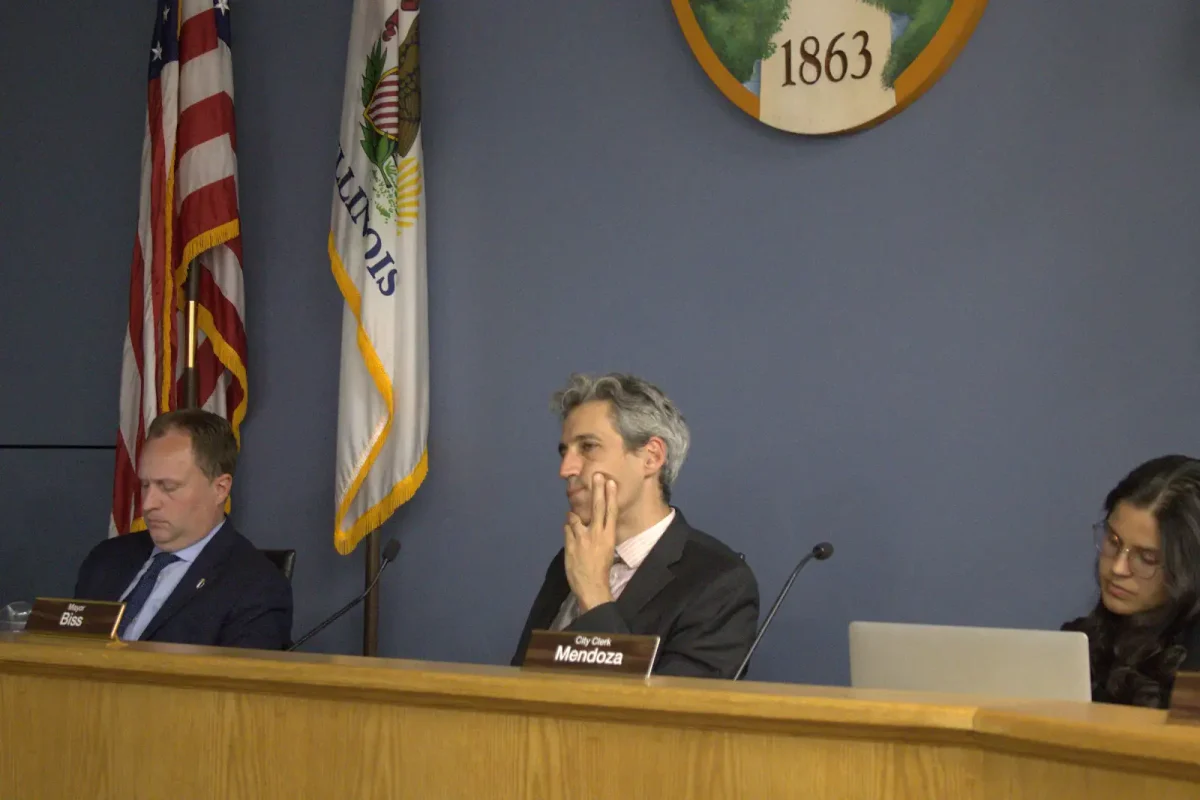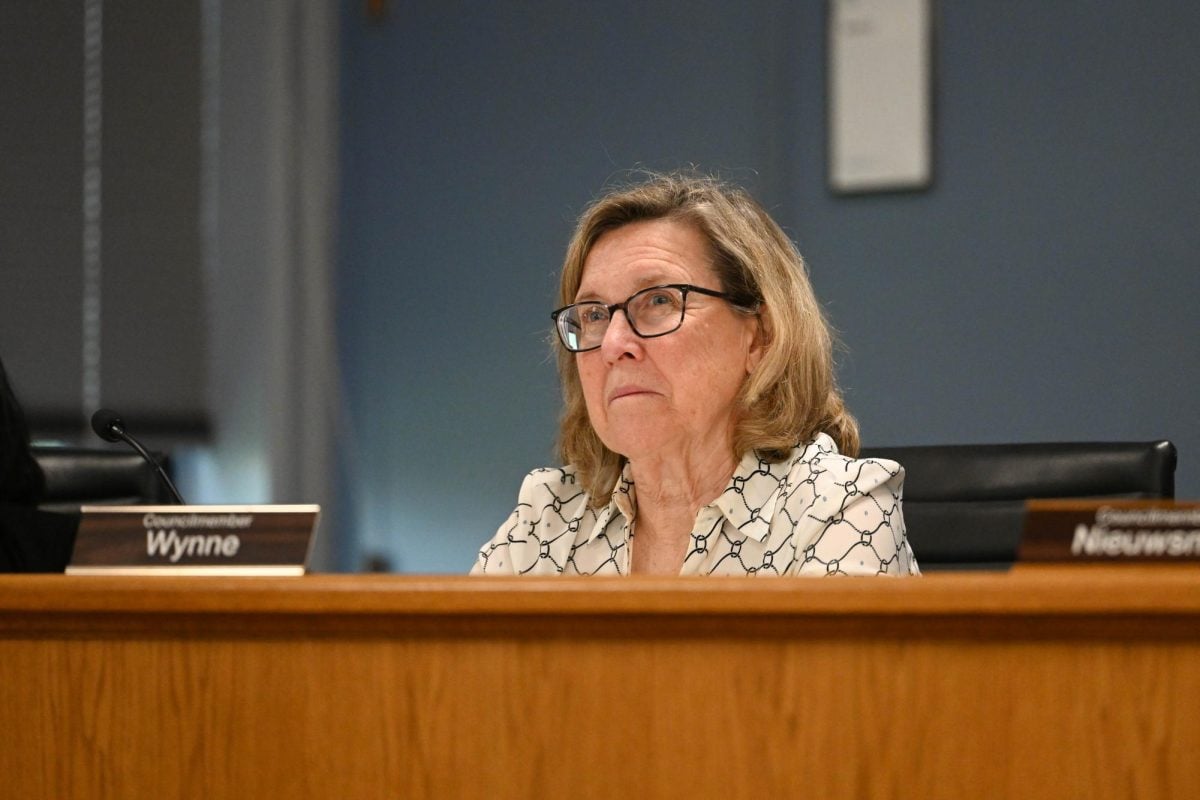Leading up to City Council’s vote on changes to Evanston’s residential landlord and tenant ordinance, city residents are split on the amendments’ impact.
Evanston’s Housing and Community Development Committee recommended 13 amendments aiming to improve the city’s RLTO and better align the ordinance with rules in Cook County at its April 16 meeting. The amendments include requirements for housing providers to disclose utility costs and shorter lease renewal notice times for tenants.
Political Science Prof. Chloe Thurston, a member of the HCDC, said she is “pretty happy” with the proposed amendments because they address issues raised by residents in public comment over the past year.
Thurston said one of the most important amendments is a limitation on late fees, which would restrict housing providers from charging more than $50 or 5% of rent for late rent payments, whichever is lower. She added that Evanston previously imposed no limit on the amount housing providers could charge for late fees.
“Evanston has a pretty big affordability problem right now,” she said. “Renters are paying a pretty large share of their monthly income to rent, so having high late fees can add to their burden.”
Thurston said housing providers raised significant concerns about the amendment to lease renewal notices despite it being one of the more “tenant friendly” changes. According to an April 16 city memorandum to HCDC, the proposed amendment would “limit the time that tenants can be required to respond to a lease renewal to 30 days before lease expiration.”
Currently, housing providers typically arrange leases 60 to 70 days in advance, according to Aron Bornstein, an Evanston housing provider.
“Tenants would get more time to decide whether they want to stay or explore other options,” Thurston said. “Landlords voiced concerns that this could increase the length of time their units stay vacant in between tenants.”
Daniel Schermerhorn, president of Schermerhorn & Co. Property Management, said the lease renewal notice amendment will have a “huge impact” on the Northwestern student population.
Schermerhorn said most NU students secure off-campus housing several months in advance, which would become difficult if housing providers are unaware of which tenants are moving out until 30 days before they leave.
He also said the change could impact renters beyond NU students. Schermerhorn said the amendment will speed up the housing search and moving process to a 30-day cycle, in addition to increasing the demand for housing. He added that the amendment will drive up prices in an already expensive Evanston market.
“We’re not really sure what (the City’s) trying to achieve or what they’re trying to improve, but this doesn’t seem like an improvement,” he said.
Bornstein said while he believes the changes are “well-intentioned,” he agrees with Schermerhorn that the student housing market will be impacted dramatically by the amendments.
The amendments, combined with penalties housing providers could face if they fail to meet the new standards, would drive small and medium-sized housing providers out of Evanston due to potential price increases, he said.
“A small-time landlord that gets hit with that type of penalty is going to look to exit the market,” he said. “We’re really hoping that the City Council will bite into it and act more rationally in terms of these penalties.”
Dominic Voz, the director of fair housing at Open Communities, a fair housing agency, said the organization is in support of all 13 amendments.
Voz emphasized that limiting late fees is a necessary amendment.
“There’s this idea that (unlimited late fees) will motivate the tenants to be compliant to pay their rent on time,” Voz said. “Really, what we often see is that it exacerbates crisis situations, financial hardship and that it ends up becoming a punishment for poverty.”
Voz said there are more amendments needed in order to make Evanston a “leader” in fair housing for tenants.
Open Communities supported several proposed changes to the RLTO that were not agreed upon by the HCDC. This includes a just case eviction amendment, which would require housing providers to supply evidence of serious violations of rental agreements in order to justify evictions.
Voz said Open Communities will continue to advocate for just cause.
“We just see this as a big way to level the playing field between landlords and tenants, (and) provide tenants a mode of stability in their housing,” Voz said.
City Council will vote on these amendments in the coming months.
Email: [email protected]
Twitter: @LilyOgburn
Related Stories:
— Tenants and landlords discuss proposed changes to housing ordinance at special committee meeting
— Nonprofits hold panel discussion to honor Martin Luther King Jr.’s vision for fair housing
— New Just Cause Ordinance hopes to ensure housing equitability for tenants


















